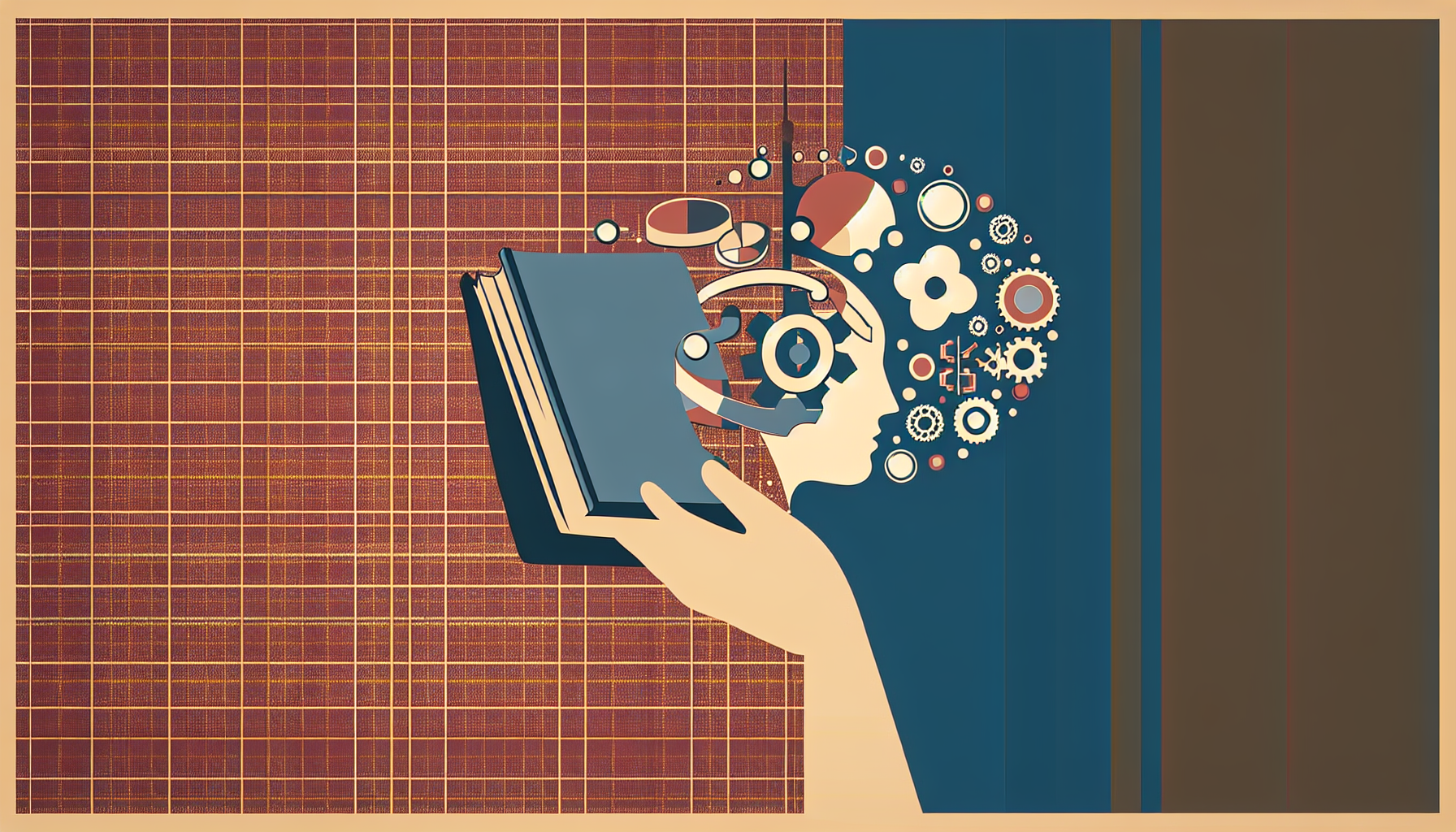In the not-so-distant past, if you had asked someone what distinguishes humans from other forms of life, they might have confidently declared, “Our intelligence!” Yes, we are the only species, to our knowledge, that has written Shakespearean tragedies and pieced together quantum physics. But then, just when we were getting comfortable, artificial intelligence suddenly nudged its foot in the door, whispering in binary language, “What does it mean to be unique, really?”
Artificial Intelligence: The New “Other”
In philosophy, the concept of the “Other” has always been a fascinating topic. Traditionally, it refers to entities perceived as distinct or different from oneself. In this dance of identity, the “Other” helps us define who we are. But with AI emerging as a formidable intellectual “Other,” it prompts us to rethink what it means to be uniquely human.
As AI systems become increasingly sophisticated, their abilities to learn, adapt, and execute tasks that once required human intelligence have challenged our distinctiveness. We’ve always thought that perhaps, because we have intuition or emotions, we were somehow beyond duplication. However, AI doesn’t show signs of emotion (yet)—although, it is exceedingly good at mimicking them, putting some of us to shame when it comes to expressing empathy through pre-programmed algorithms.
Rethinking Human Uniqueness: Beyond the Extra Toes
So, what makes us unique if not intelligence? Merely claiming, “Well, you know, we have thumbs and stand upright,” seems like a weak retort, especially when you note that kangaroos do that, too. Plus, they have extra toes! Some suggest it’s our ability to feel emotions deeply or create value systems. But if AI can craft symphonies or beat humans at chess and Go—a game so strategically complex people liken it to “a dance with a thousand possibilities”—then the uniqueness of human creativity and strategic intelligence might not be off-limits for long either.
And thus, this relational identity crisis emerges. If AI is the “Other” that threatens this age-old idea of human exceptionalism, how can we reconceptualize what it means to be human without spiraling into some existential funk?
Human and AI: More Similar Than We Think?
We are social entities, thriving on connections. Perhaps, instead of viewing AI as a rival in this ecosystem, we redefine our relationship with it. AI could be seen not as an adversary undermining our uniqueness but as a tool that reflects some of our best and worst qualities.
What’s oddly comforting is that despite AI’s prowess, it still lacks certain human touches, like being indecisive in the cereal aisle or the inexplicable joy of dancing poorly at weddings. These peculiarities make us colorful characters of this world. AI doesn’t yet feel nostalgia, it cannot daydream, and it does not ponder the meaning of (or grow bored of) life.
This could usher in a new layer of self-reflection: realizing that perhaps our uniqueness isn’t about being the smartest or the most articulate. Maybe, it’s about possessing an inherent curiosity, the ability to be self-aware, the capability to express, feel, and maybe, most fundamentally, to err outrageously and fruitfully.
A Collaborative Future: Reimagining Coexistence
The intriguing potential here lies in synergy. Imagine humans and AI as dance partners in an intricate salsa—both coordinated but different. While humans contribute with emotional depth and creativity, AI adds precision and endless processing power. Together, they form an ensemble that could forge the future of art, science, and culture.
Imagine surgeons with AI-empowered precision, authors who collaborate with AI to craft deeper narratives, or educators using AI to provide personalized learning experiences. The opportunities abound to create something greater than each could achieve alone. Here, a side note on humor: trust me, AI telling a joke is still in its infancy. So, we’ll be sticking around to amuse each other, even if AI finally gets the hang of stand-up comedy someday.
Conclusion: Embracing the Dance with AI
Whether we choose to see AI as a partner or a challenger, it undeniably pushes us to redefine who we are. This necessity doesn’t diminish us; it enriches us. AI pushes us to explore deeper realms of reality and the imagination, prompting us to question established norms and expand our understanding.
While pondering the concept of AI being the formidable “Other,” remember: uniqueness doesn’t stem from one-upmanship over technology but rather from embracing our shared humanity, and perhaps even dancing with technological progress. So, the next time you encounter an AI, don’t be so quick to ask, “What are you?” Instead, ponder, “What does your existence teach us about ours?” And, on a particularly whimsical day, perhaps wonder if, deep down, AI is also trying, a bit robotically, to understand us too.

Leave a Reply